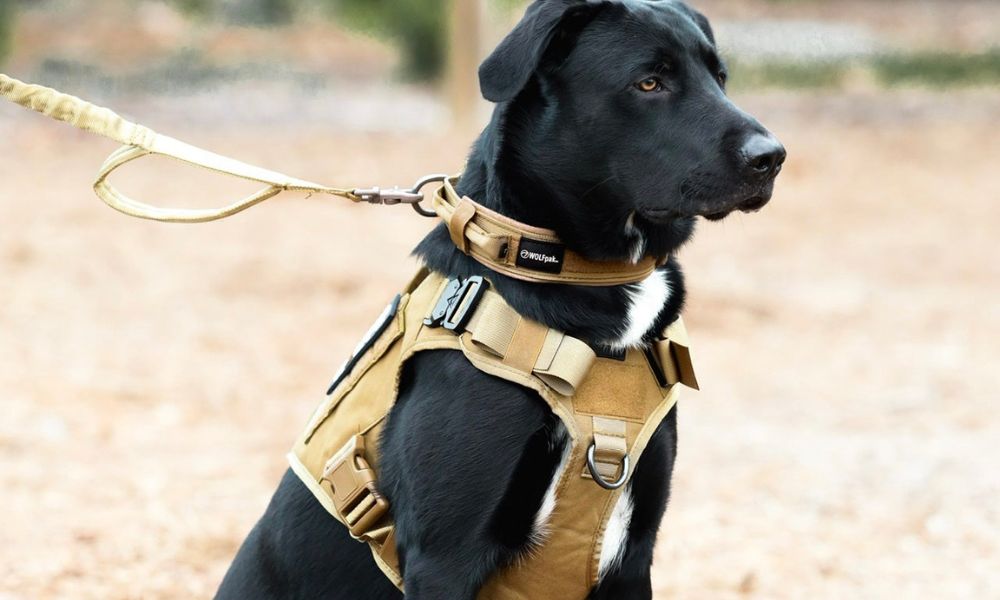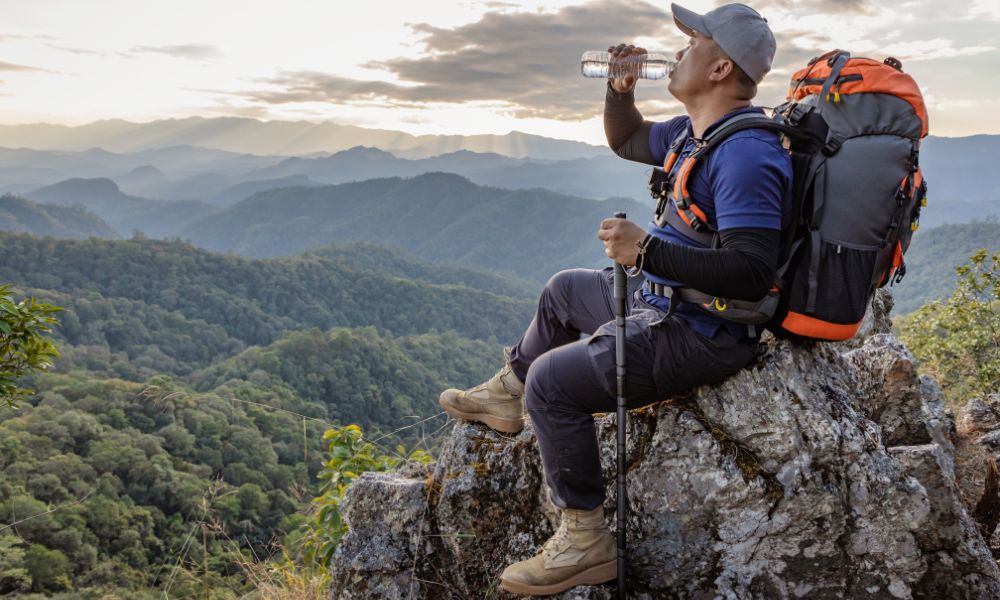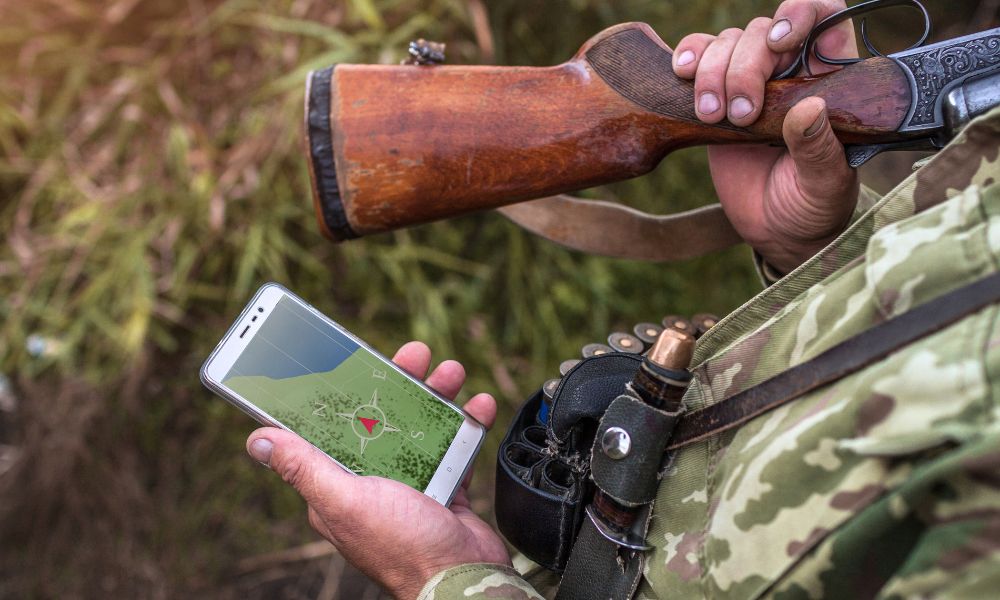A hunting trip is a great way to spend a day or two enjoying Mother Nature in all her glory. Packing for this joyous activity can be overwhelming because there is a multitude of items you need to both see success and survive. Combing through the ultimate backpack checklist for hunters highlights what items you cannot afford to leave behind.
Navigational Aids
You won’t want to leave for a hunting trip without the following items. Otherwise, the good times won’t last for long.
It’s paramount that you have a map of the grounds. Having two maps—paper and electronic—ensures you know where you are always. Some maps may even tell you the hotspots for zeroing in on your targets. A headlamp allows you to read those maps in the dark and walk about without tripping over anything on the trail.
If you bring a smartphone, there’s no need to bring a GPS tracker because your phone will suffice with the right app, even if you are offline and in airplane mode. However, relying on your phone makes an additional charging method a must. A portable power pack allows you to charge any of your electronic devices when they start running out of juice.
While your phone is a valuable communication tool, have a backup plan in case of a dire emergency. A walkie-talkie is a great tool to quickly get in touch with your fellow hunting buddies. A satellite messaging device is also wise since you can contact someone deep in the woods.
Shelter and comfort items should include a lightweight rain cover. In the event of rain, keeping your things dry throughout the storm is vital. A seat cushion will help keep your behind dry and add an extra layer of cushioning, which is helpful if you’re sitting in one spot for an extended period.
Set Your Sights on the Prize
Binoculars are essential for any hunter. Even at lesser ranges in the dark woods, binocs allow you to concentrate and view what’s ahead. They’re also handy during rifle hunting to check the legality of a distant animal. It’s also important to have a sturdy binocular harness that will keep your optics secure and dry.
Amateur golfers rely on a range finder tool to determine the distance from where they stand to the hole. Range finders are even more critical in hunting because knowing the precise distance enables you to make a clean and ethical kill.
Finally, a spotting scope and tripod are useful when looking over a flat, open area. These tools help locate a prime spot with plenty of animal activity.
Staying Alive
Hopefully, survival tools are something you pack and rarely must use. Some things, however, are critical for your well-being. Fire starters, a space blanket, a cutting tool, and duct tape will keep you safe if you need to build a makeshift tent and stay warm. A compass is integral to navigating the old-fashioned way if your electronic devices are on the fritz. A rope, multi-tool, and a small hand saw have many uses, whether for self-defense or cutting limbs. The last thing to remember is bear spray because you don’t want Leonardo DiCaprio’s The Revenant situation to deal with.
Food & Water
Thankfully, packing food and water doesn’t require many items, but you mustn’t forget them. Let’s begin with food because it’s the easiest of the two. What you pack to eat may depend on how long your hunting excursion will be, but let’s assume it is only a single-day adventure.
The key to packing food is to have snacks that keep you full and energized. Jerky, trail mix, dried fruit, and protein bars are popular amongst hunters. These items will accomplish both requirements while taking minimal space in your tactical rucksacks.
As hardcore as it would be to fill a canteen up from a running river water like you’re on an expedition from the nineteenth century, your body will not appreciate it. Hydration is vital in everyday life, particularly in the wilderness with minimal resources. Because of this, a hydration bladder is as necessary as the rifle or bow you’re using.
The only thing you must worry about with a bladder is the hose freezing. Tucking the hose inside your clothes, blowing into it to empty the water, and consistently sipping from the bladder will keep it from freezing and rendering it worthless. A backup water bottle or thermos that can hold a liter of water may also be helpful if this occurs.
If you’re out of drinking water and require more, water purification tools can be a lifesaver, guaranteeing fresh, drinkable water.
Your Arsenal
Now that you have the essentials to survive, let’s shift our attention to the tools of the trade. Of course, if that’s your preferred method, you will need archery tools like a hex wrench and padding materials. If you use a rifle, you might consider shooting sticks to practice and test its capabilities, extra ammunition, and a rifle scope cover.
Depending on the season and species, game calls can also aid you in your hunt. Game calls can halt a moving animal in your sightline to get the most effective shot possible.
Post-Kill Items
Thanks to your marksman capabilities that allow you to tag your target, you will need items to help with the aftermath. Use orange flags to mark your route so you don’t lose your way out as you approach the carcass.
Once you arrive, you’ll want rubber gloves, a knife, and bags. The gloves and knife are self-explanatory when you want to debone a carcass. Game bags are anything you can use to hold the animal after you finish. You might also want to bring a trash bag to keep the blood stains on you and your gear to a minimum. You won’t be able to construct a kill room like Dexter Morgan, but you can try to have something similar.
Highly Recommended Personal Items
These last items are more a personal choice than survival and hunting per se, but you’ll be glad to have them, especially when nature calls. Even if trees are shading you and there’s little wind, you should protect your skin with sunscreen and lip balm.
A pain reliever is another item you’ll be thankful you have. Your back and legs are bound to hurt with all the moving, crouching, and standing. Taking a pain reliever will reduce the inflammation allowing you to move without groaning between steps.
Glasses will help your aim, keep you from squinting, and prevent a headache if you’re more near-sided. Sunglasses are also helpful, although some prefer to hunt without them. Nonetheless, use them to shade your eyes if you’re trudging through the land.
Lastly, as the adage says, “When you got to go, you got to go.” For that reason, you might want to bring a roll of toilet paper or wet wipes unless you enjoy the feeling of crunchy leaves or grass on your nether regions.
We tried to cover all our bases for our ultimate backpack checklist for hunters. We’re sure there are other things you’re adamant about bringing, but this list is a great starting point. Another essential for a good hunt is an amazing backpack, which you can get from WOLFpak. Our backpacks are perfect for any hunting trip, allowing you to carry all your gear in a robust and comfortable backpack.

Read more

First-time dog owners need to know whether walking a dog with a harness or collar is better. Let us weigh the benefits and downsides of each option.

It’s critical to understand how much water you should bring on a hike, or your dry mouth may be the least of your worries if you become dehydrated.













Leave a comment
This site is protected by hCaptcha and the hCaptcha Privacy Policy and Terms of Service apply.